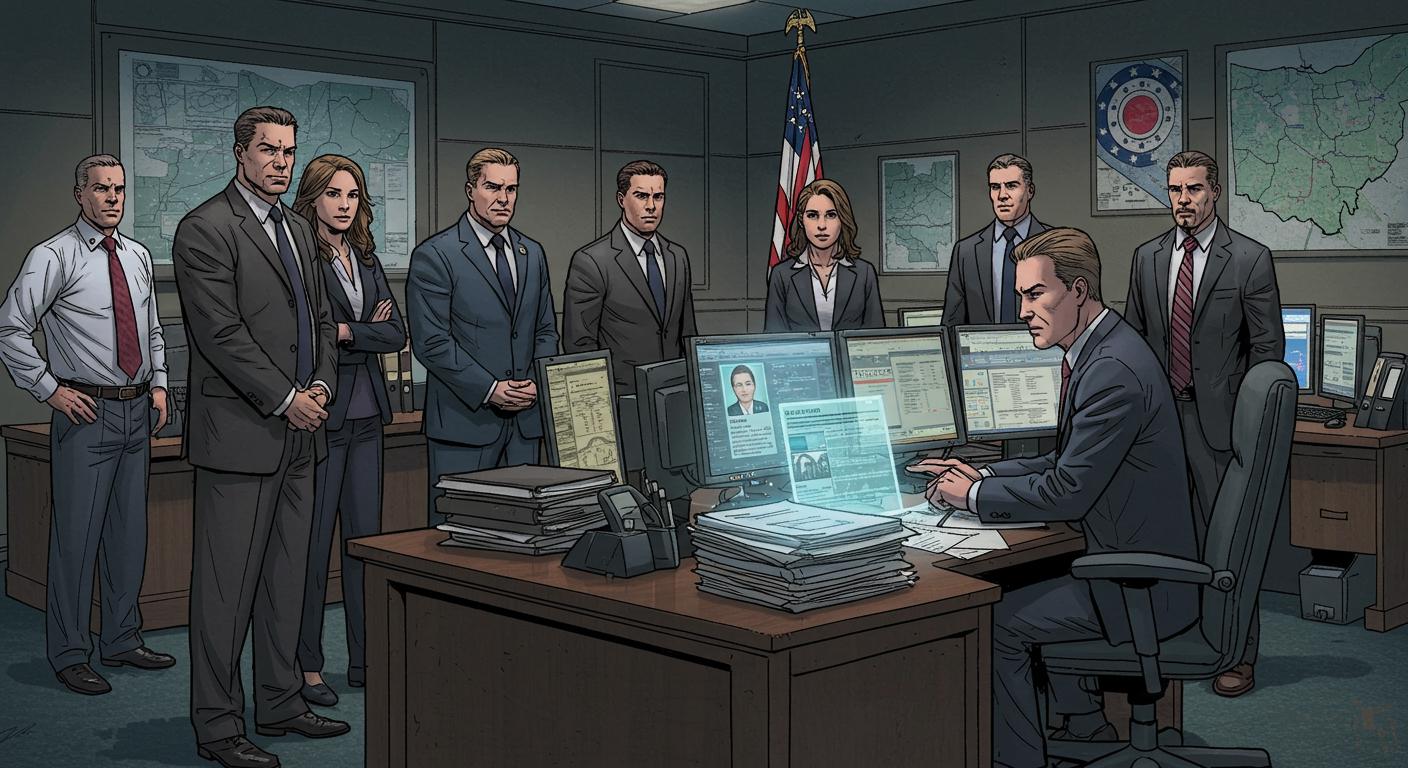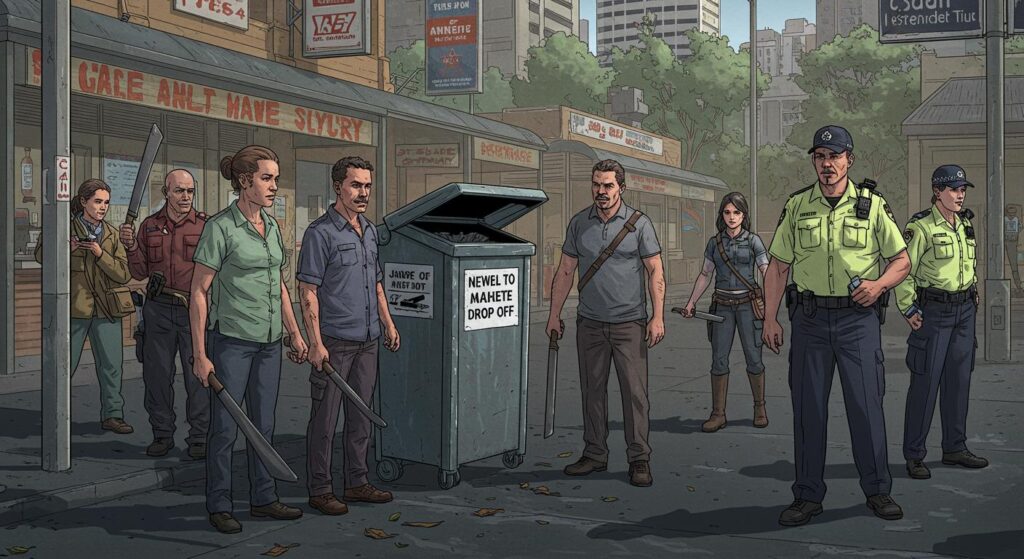It was probably inevitable that “ghosting”—which originated as a dating dilemma—would eventually outgrow its awkward adolescence and wander into the workplace. Now, Ohio lawmakers are preparing to give it a bureaucratic twist with House Bill 395: a proposal that would establish an official online registry of anyone who skips out on a scheduled job interview without warning. It turns out, in this digital age, even flakiness may have a paper trail.
In a detail highlighted by NBC4, the Department of Job and Family Services would be tasked with maintaining this registry, streamlining the process for employers to report no-shows. Backers like Rep. Brian Lorenz (R-Powell) argue that the measure is all about “rewarding professionalism” and “modernizing” the employment process. According to the outlet, Lorenz envisions the system as enhancing accountability while making Ohio more competitive for business—though he admits everyone faces occasional hiccups, joking his parents would have “killed him” if he ever missed an interview.
Reports referenced by NBC4 point to a study cited by Business Insider in which some employers experienced interview ghosting rates as high as 90%. Whether this eye-popping number is widespread or the outlier of a particularly haunted sector is left to the imagination, but the underlying frustration appears to be real enough. There’s already an online reporting form available for employers to note interview absences, though Lorenz contends that his bill would make participation much easier and more widespread.
Public Accountability or Public Overstep?
Described in NBC4’s coverage, the bill’s mechanics are relatively simple: applicants who miss an interview without providing notice could find themselves logged in a state-administered database. Supporters say this move isn’t intended to “blacklist anybody,” but to create, in Lorenz’s words, a “culture of respect and accountability” while reducing wasted time for businesses.
The General Assembly, however, is not speaking in one voice. As NBC4 also documents, Senate Democrat Bill DeMora (D-Columbus) remains unconvinced. He points out that existing state policies already withhold unemployment benefits from applicants who don’t fulfill job-hunting requirements—including interview attendance. Citing a recent personal brush with car trouble, DeMora questions whether missing an interview should be cause for state-level notoriety. He contends that the legislation is “another answer, looking for a question,” and suspects Ohio’s legislature ought to prioritize actual economic development or worker protections instead of erecting digital monuments to unreliability.
The outlet further notes that the Department of Job and Family Services, which manages unemployment in the state, declined to comment on the pending bill but confirmed it already offers a means to report absentee applicants—albeit one that currently requires a few extra clicks.
One for the History Books (or the Outtakes)?
Perhaps the most eyebrow-raising aspect, as compiled by NBC4, is just how determined some policymakers are to convert the long-standing frustration of interview no-shows into a government ledger. Ohio’s registry, if it comes to pass, would join a colorful roster of state policies that, over the years, have included everything from mandatory snowball fight bans to restrictions on pickle handling (these last ones, happily, unconnected to employment).
Is this just the latest creative means for government to tackle human unpredictability, or the digital equivalent of a scarlet letter? How public will this registry be, really—will it quietly amass names in a corner of the internet, or take on a new cultural meaning? More critically, could unavoidable absences—from black ice to sudden illness—leave earnest job-seekers facing yet another bureaucratic obstacle, with little recourse except a plea for mercy from the system?
Lorenz insists that “we’re not looking to blacklist anybody” and that the focus is on “building a culture of respect.” Yet, as earlier in the report it’s mentioned, tracking and reporting mechanisms are already in place, just wrapped in a few extra layers of digital friction.
NBC4’s reporting ultimately reveals the perennial tension at the heart of modern governance: When faced with unpredictable human nature, is the answer always a new form, a new system, a new registry? Or does the impulse to catalogue every slight just add to the archives of American oddity?
Will Ohio’s would-be ghost registry be a game-changing workforce tool—or just another curiosity for future historians digging through the digital dust? Sometimes, you have to wonder if the archive grows stranger with every well-intentioned addition.







